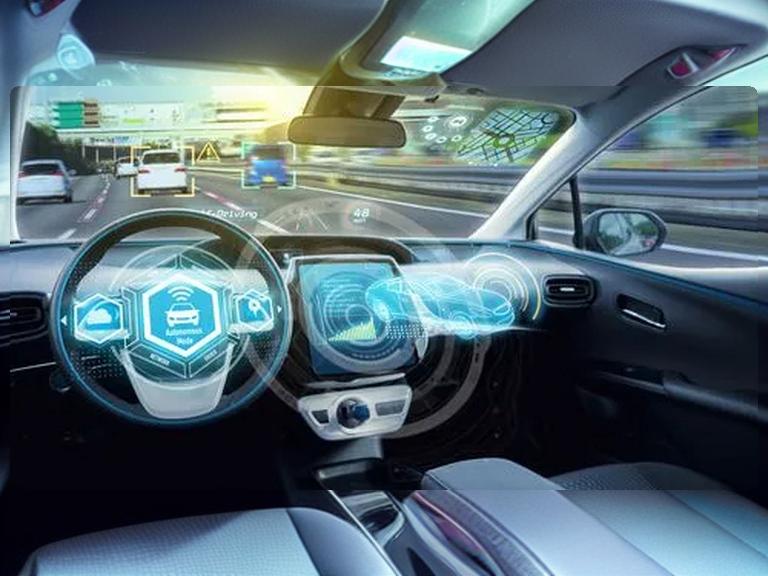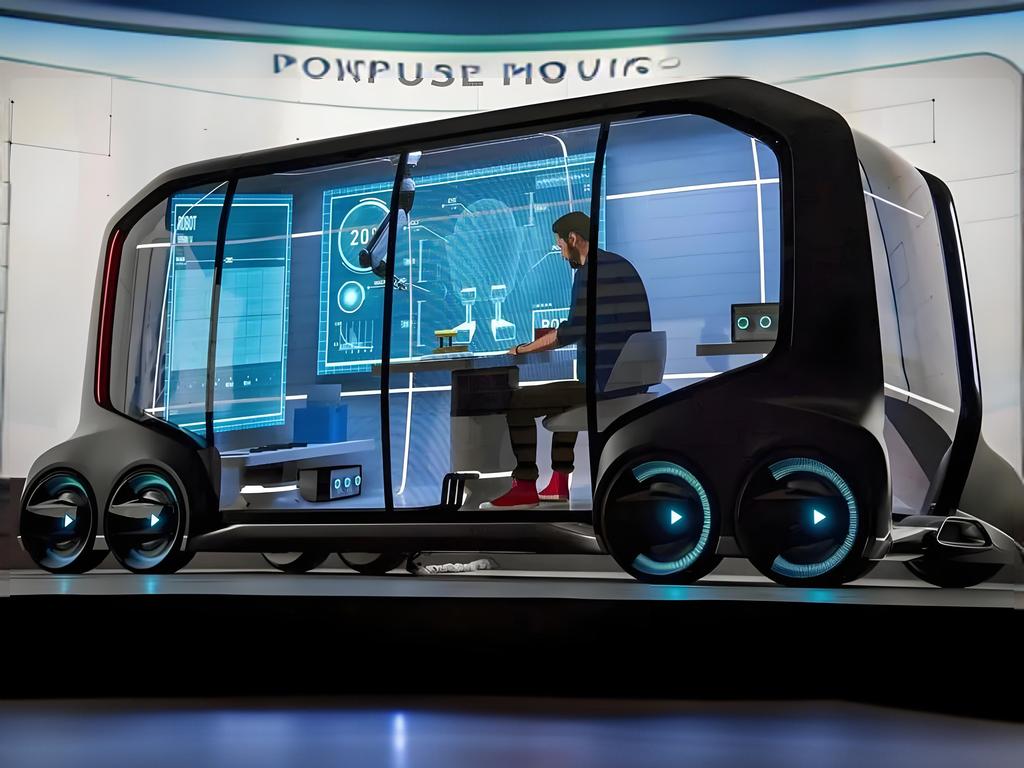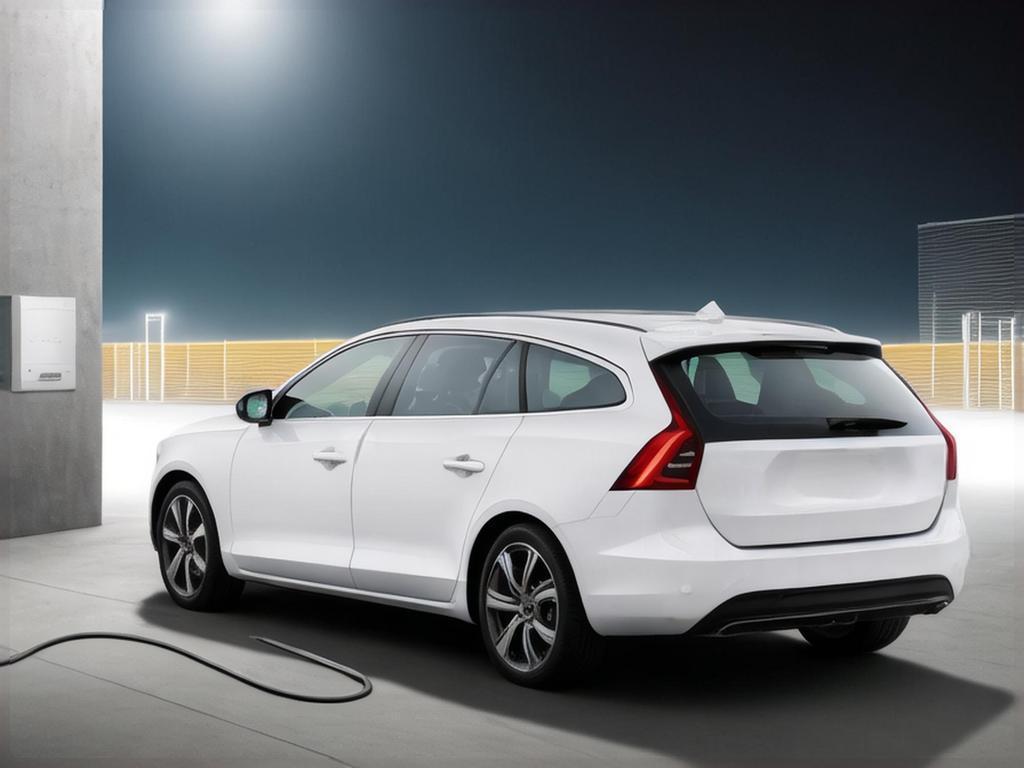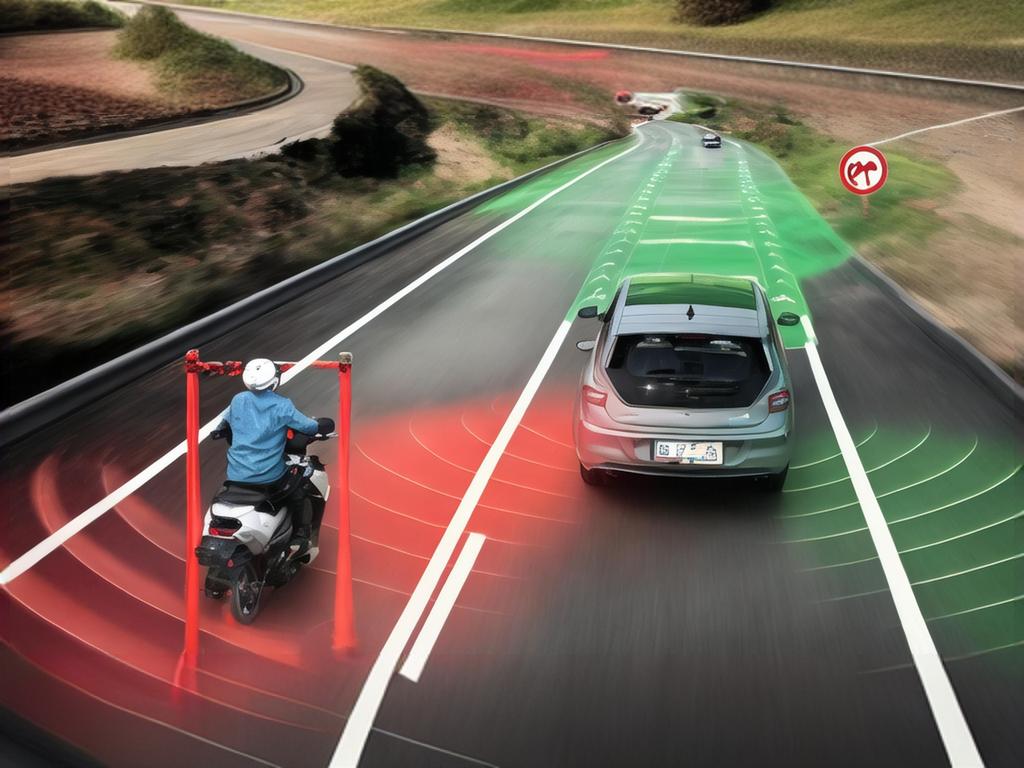Autonomous Future: How Self-Driving Cars Will Transform Our Cities and Lives
The advent of autonomous vehicles, or self-driving cars, heralds a new era in transportation that promises to revolutionize the way we navigate our cities and live our lives. As these technological marvels inch closer to becoming a reality, their potential impact on society is becoming increasingly apparent. From reducing traffic accidents and congestion to reshaping urban landscapes and lifestyles, the autonomous future holds immense promise for a safer, more efficient, and sustainable world.

1.Introduction
Self-driving cars, powered by advanced technologies such as artificial intelligence, computer vision, and sensor fusion, are capable of navigating roads without human intervention. This paradigm shift in transportation has the potential to transform not just how we get from one place to another but also how we design our cities, allocate resources, and interact with each other.
2.Transforming Cities

One of the most significant impacts of autonomous vehicles will be on urban planning and infrastructure. With self-driving cars, the need for individual car ownership may significantly diminish. Instead, shared autonomous vehicles could become the norm, leading to a reduction in the number of parked cars on city streets. This, in turn, would free up valuable real estate currently occupied by parking lots and garages, which could be repurposed for green spaces, housing, or commercial developments.
For example, in cities like Paris, which has already embarked on a plan to reduce car traffic and increase pedestrian and cycling areas, autonomous vehicles could accelerate this process. By making public transportation more efficient and convenient, self-driving buses and taxis could encourage people to opt out of private car ownership, leading to less congestion and cleaner air.
3.Enhancing Safety

Another key benefit of autonomous vehicles is their potential to significantly reduce road accidents. Human error is a leading cause of traffic collisions, and self-driving cars, with their precise sensors and algorithms, can eliminate many of these errors. According to estimates, the widespread adoption of autonomous vehicles could lead to a dramatic decrease in road fatalities and injuries.
For instance, Waymo, a subsidiary of Alphabet, has been testing its self-driving technology for years and has logged millions of miles on public roads. The company’s safety record has been impressive, with no reported accidents caused by its autonomous systems. This demonstrates the potential of autonomous vehicles to make our roads safer for everyone.
4.Changing Lifestyles

The autonomous future will also bring about changes in our daily lives. With self-driving cars handling the task of driving, individuals will gain back valuable time that would otherwise be spent behind the wheel. This extra time could be spent on productive activities, leisure, or simply enjoying the ride. Autonomous vehicles could also enable people with disabilities or limited mobility to access transportation more easily, further enhancing their independence and quality of life.
Moreover, the rise of autonomous taxis and ride-hailing services could lead to a more flexible and convenient transportation system. No longer will people need to own a car to get around; they can simply summon a self-driving vehicle when needed, reducing the financial burden of car ownership.













